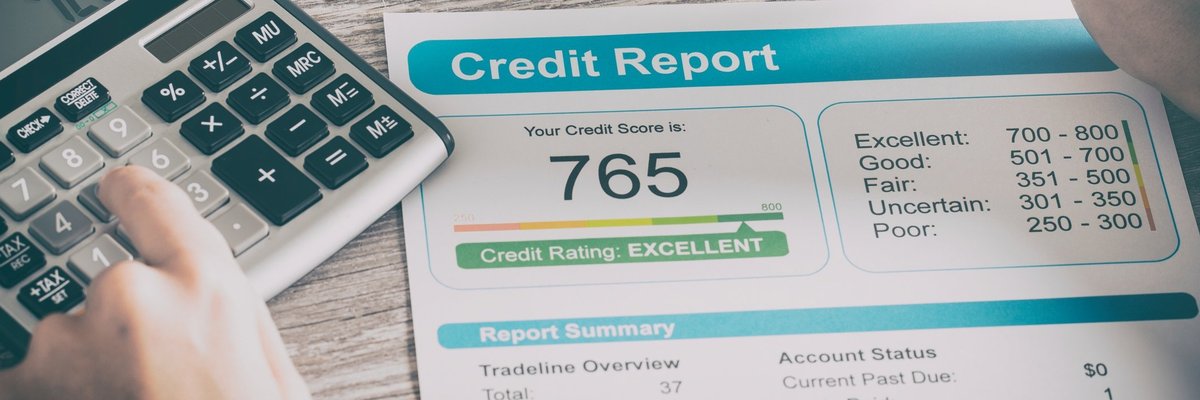4 Mistakes You Must Avoid if You Want a High Credit Score
KEY POINTS
- Paying bills late could take over 100 points off your credit score.
- Maxing out credit cards could get you into debt, and it's bad for your credit.
- Other common mistakes include failing to check your credit report and cosigning on credit applications.
Building a high credit score is a smart financial goal. With excellent credit, you won't need to worry about passing credit checks, whether that's to rent an apartment, get a low interest rate on a loan, or open one of the top credit cards.
The challenging part about building credit is that any mistakes can have a huge impact on your credit score. That's why it's important to know what to avoid.
1. Being late on a payment
Nothing matters more for your credit score than your payment history. When you pay credit cards and loans on time, it helps your credit. If you pay late, even just once, your credit score could plummet. Some people see their credit scores drop by over 100 points because of a single late payment.
Luckily, payments can only be reported as late on your credit file once they're at least 30 days past due. If you forget about a credit card payment, but you pay it within a few days, don't worry. As long as it's not 30 days late or longer, it won't hurt your credit score. You can be charged a late fee, though, so it's still best to pay by the due date.
2. Maxing out your credit cards
Heavy credit card spending can also lower your credit score, because it raises your credit utilization. Your credit utilization is the percentage of your credit limit that you're using. If you have one credit card with a $5,000 limit and a $1,000 balance, your credit utilization is 20%.
The lower your credit utilization is, the better. As a general rule, keeping your credit utilization under 30% is good for your credit score. For the best results, pay your credit card bill in full every month. You'll avoid interest charges if you do.
If you max out your credit cards, you'll have extremely high credit utilization. That could take over 30 points off your credit score. Even if you have cash back cards, don't use that as a reason to spend more money. In addition to impacting your credit score, overspending can also get you deep into debt.
3. Not checking your credit report
Your credit report is a record of your credit activity. Each of the three consumer credit agencies (Equifax, Experian, and TransUnion) prepare a credit report about you. The information in your credit report determines your credit score.
If there are any mistakes on your credit report, those can negatively affect your credit score. Mistakes are more common than you might think. In a recent Consumer Reports and WorkMoney study, 44% of Americans found at least one error on their credit report.
You can request a free weekly credit report from each credit agency at AnnualCreditReport.com. Make sure to check yours at least every six months to a year for errors. If you find any, dispute them with the creditor that reported the error and the credit agency that issued the report.
4. Cosigning on credit applications
People with low credit scores sometimes ask friends or family members to cosign credit applications for them. A cosigner with a higher credit score could help them get approved for an auto loan, an apartment rental, or anything else that requires a credit check.
But as the cosigner, you're putting your own credit on the line. If the original applicant stops making payments, the creditor can come after you to get repaid. You'll be legally responsible for the payments. And if the account becomes delinquent, it will hurt your credit score.
Don't feel pressured to cosign on a credit application for anyone. It may not seem like a big deal, but you'd be taking a huge risk. There are select situations where it could be reasonable. For example, if you have an 18-year-old child who hasn't been able to build their own credit history yet, cosigning on a credit card could be a way to help them get started. But for the most part, you're better off saying no to these requests.
Those are all common mistakes that do a number on your credit. Now that you know about them, you can make sure to avoid them and protect your credit score.
Our Research Expert





